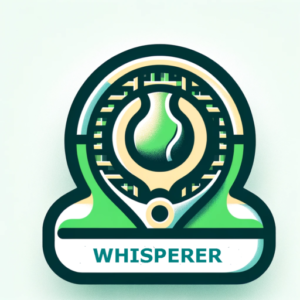Choosing the Right Coach: A Parent’s Guide to Shopping for Tennis Pros
When parents look for a tennis coach to elevate their child’s game, they often focus on visible factors like the coach’s previous successes or the reputation of their program.
However, selecting a tennis professional, or program, based solely on surface-level accolades can lead to suboptimal outcomes.
Success in tennis development is influenced by a range of factors that go beyond immediate results. Parents should consider the broader picture when choosing a coach:
-
Immediate Wins May Overshadow Development: Parents often gravitate towards programs or coaches that produce quick results, but the best coaches focus on the holistic development of the player—technique, mental resilience, and adaptability. It’s essential to recognize that long-term growth often outweighs short-term victories.
-
Longer-Term Success Matters More: Look for a coach who can help your child develop into a well-rounded player over the years, not just one who wins tournaments in the short term. The ability to sustain and nurture growth is key, and this is a crucial factor in ensuring long-term success in the sport.
-
Skill Diversification vs. One-Size-Fits-All: Tennis players, especially juniors, develop at varying rates. Coaches who tailor their approach—focusing on unique technical adjustments, mental toughness, or strategic thinking—are often more successful than those who adopt a one-size-fits-all method. It’s important that your child receives personalized training that aligns with their strengths and areas for improvement.
-
Resilience vs. Results: A coach’s role isn’t just to win matches; it’s to build resilience. A great coach prepares players to handle losses constructively, teaching them how to bounce back and use setbacks as opportunities to grow. Developing mental toughness and emotional stability is as important as improving technique.
When choosing a coach, ask yourself:
- Does the coach emphasize skills like balance, footwork, and mental toughness, which provide long-term benefits?
- Can they articulate a plan for your child’s growth, not just for this season, but for the next several years?
- Are they focusing solely on winning now, or are they teaching adaptive strategies to handle varied opponents and court surfaces?
By focusing on these key aspects, you can ensure that your child receives guidance that prioritizes their full potential, setting them up for sustainable success in tennis for the future.




